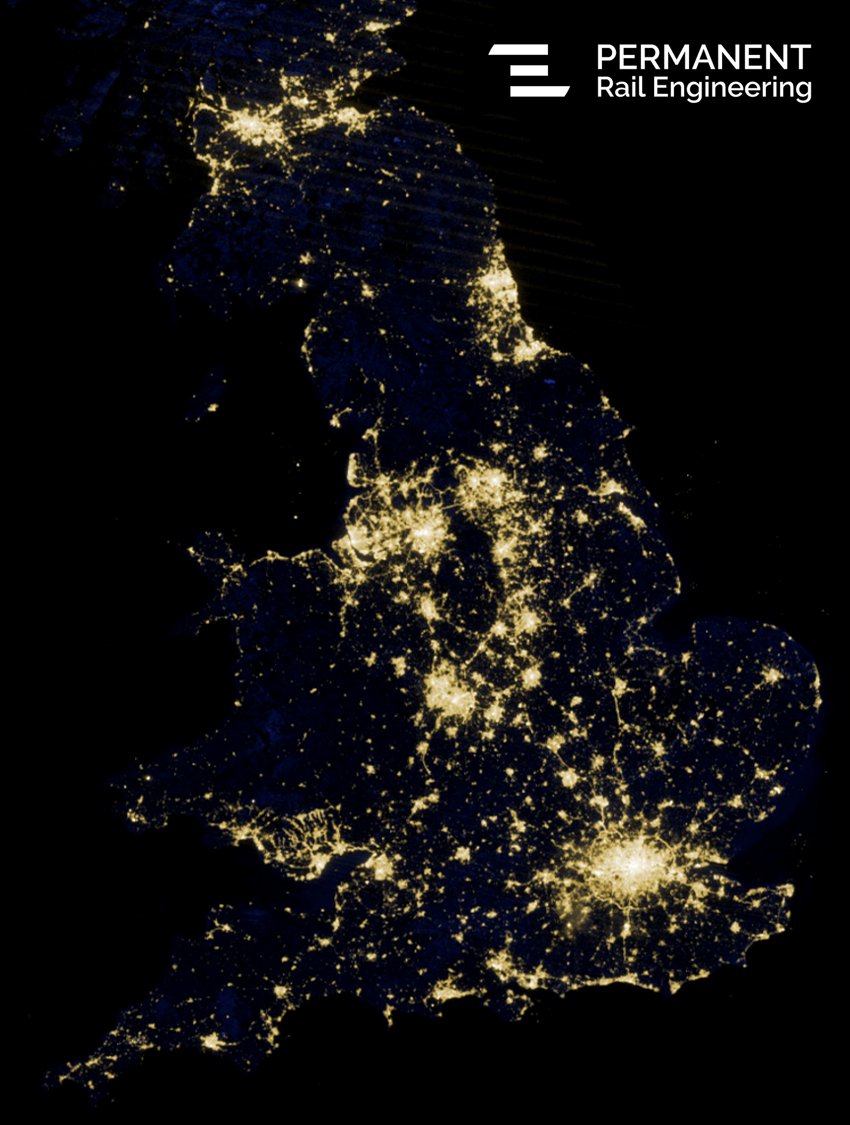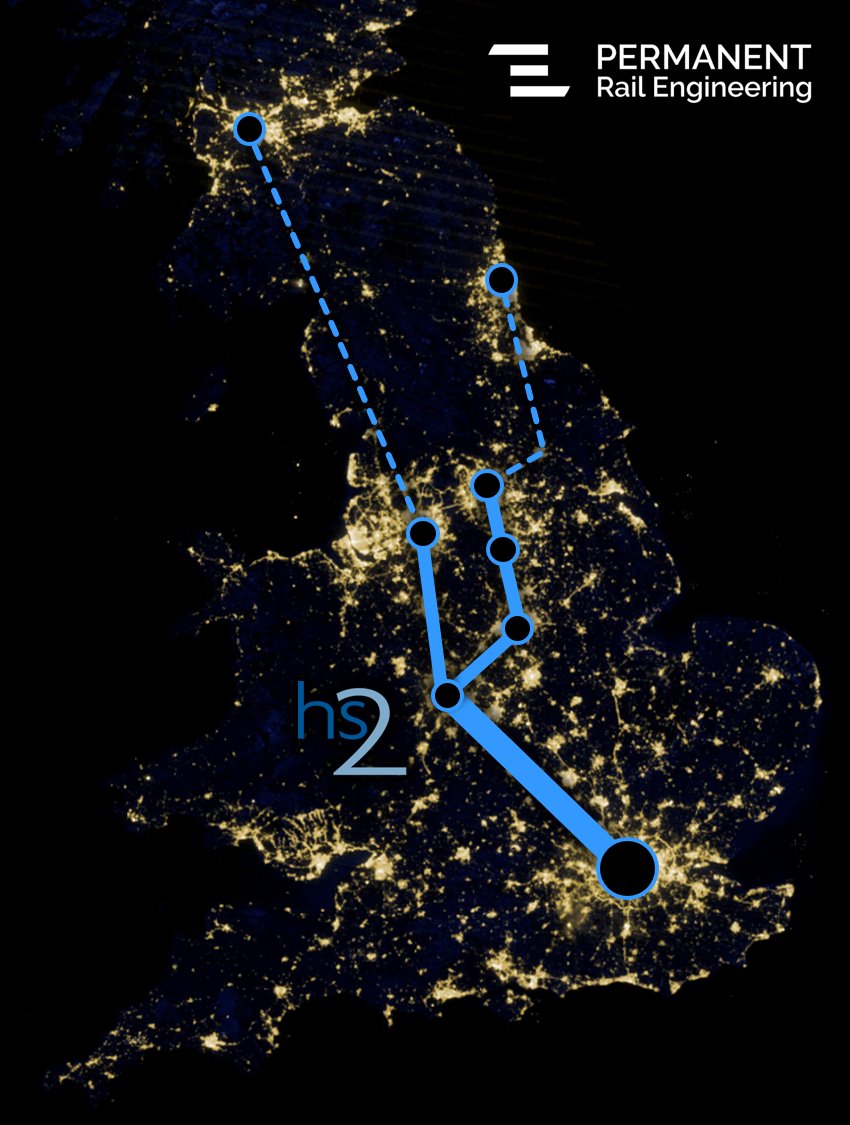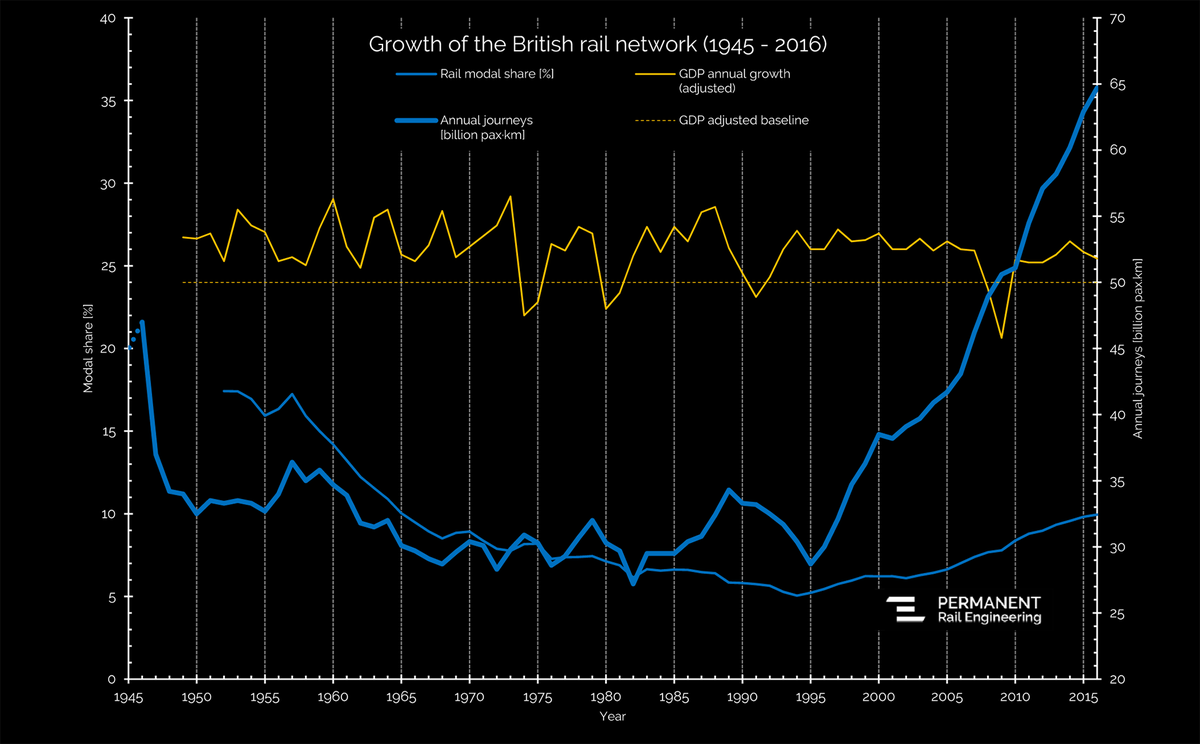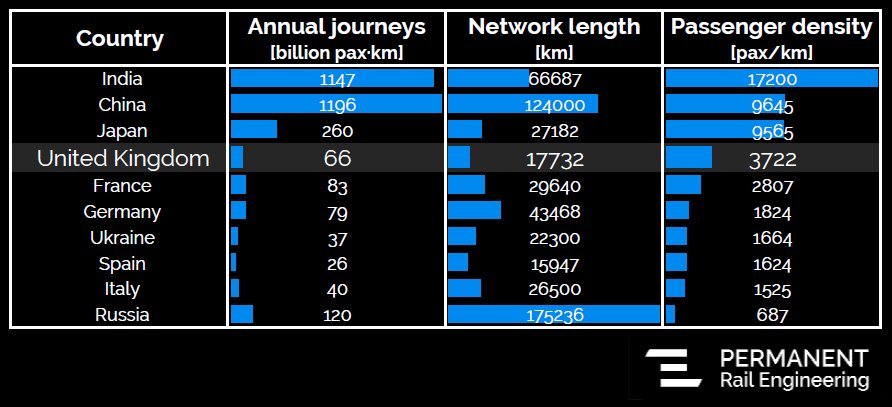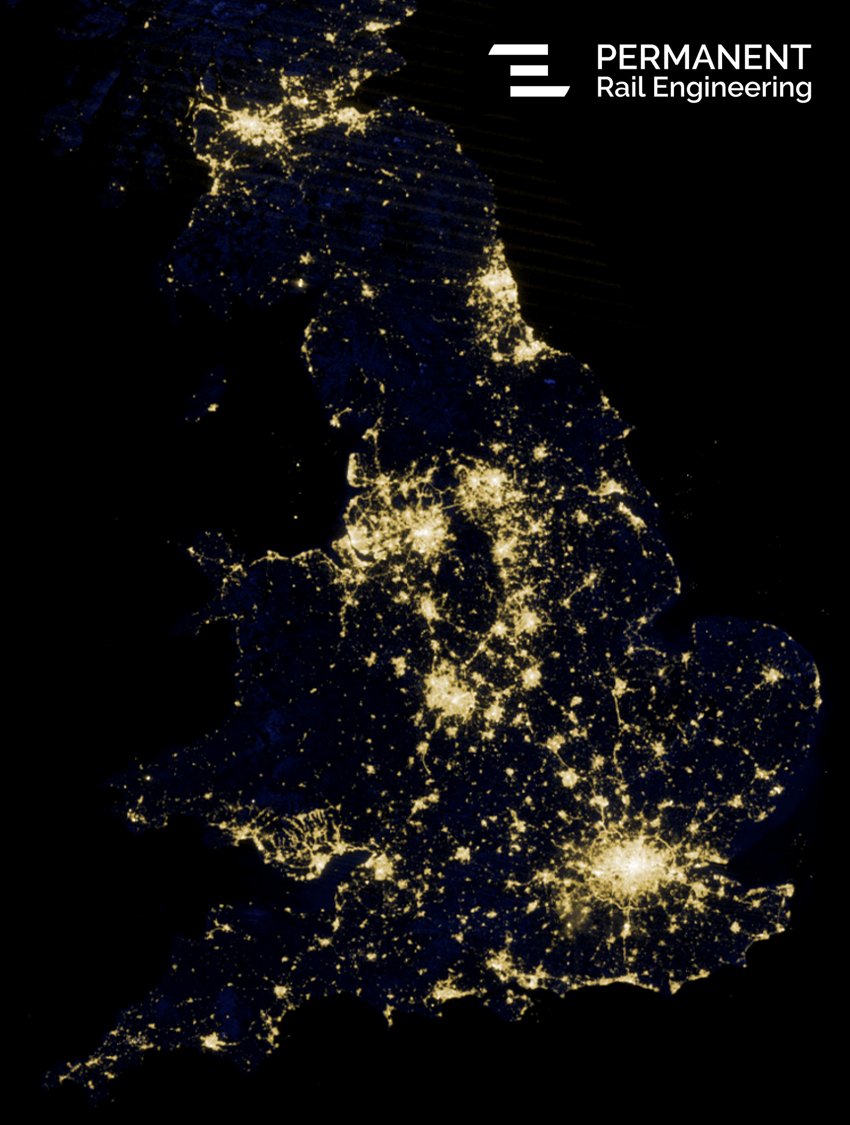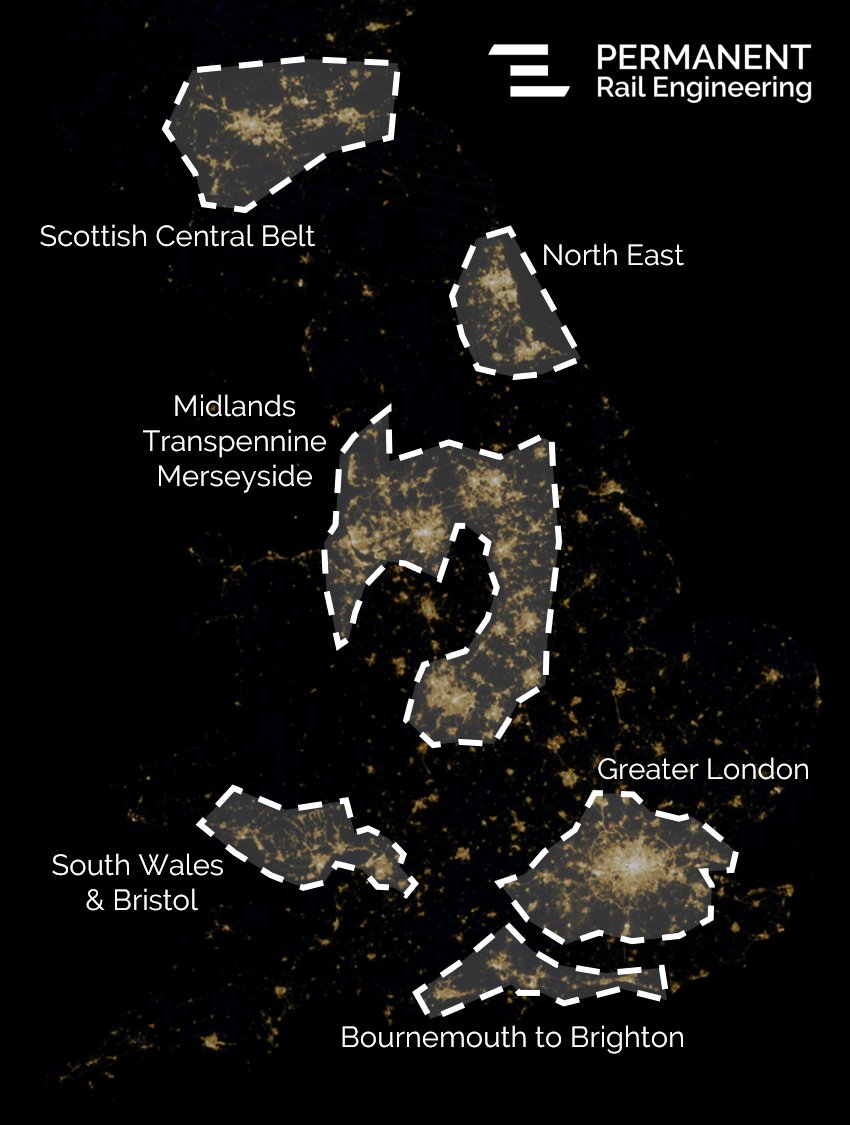Your prayers have been answered, my little chickadees. It's happening right now.
washingtonpost.com/opinions/2019/…
It is from my father that I gleaned much of my understanding of why American infrastructure is so #@$! expensive and slow to build, compared to the rest of the world.
And as my father's daughter, I loooooooove trains.
1) Wealthy NYC can afford to pay for all this above-market-priced activity
2) Having so many levels of gov't involved creates a lot of lobbying pressure points
3) Consultants ensure regulatory compliance & insulate you from lawsuits
Many levels of government means many levels of lobbying, and many veto points at which pressure groups can mess up your project.
Also, the US regulatory review process is bound up in both red tape and legal veto points.
Q: You Republicans just hate progress! If we'd listened to naysayers like you, we'd never have gotten to the moon!
A: If we'd listened to naysayers like me, we wouldn't have spent hundreds of years bleeding patients to cure bacterial infections.
A) It's fair to say I'm a right leaning libertarian. However, I am also my father's daughter. I love high speed rail. If we're going to spend government money on boondoggles, I vote for trains.
A) The peg for this column was California. Where Democrats control the whole government. Did the Republicans use secret mind-control rays to kill its HSR?
A) I didn't mention this because it's stupid
A) You know what? Rail in Europe is pretty nice. & HSR would work really, really well in the northeastern corridor.
A) [Whispers] High speed rail is cool. but it isn't really that green.
It takes a lot of power to make trains go that fast.

